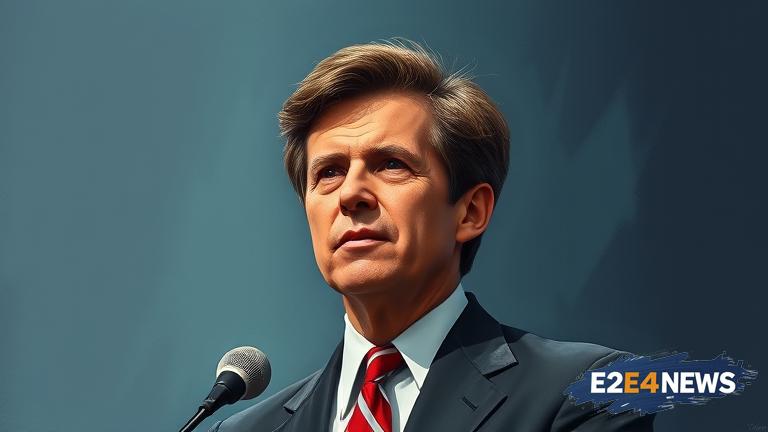Robert F. Kennedy Jr., a prominent anti-vaccine advocate, has been criticized for his recent statements threatening doctors who refuse to follow his unproven medical claims. Kennedy, who has been a vocal opponent of vaccination and has promoted various conspiracy theories related to healthcare, has sparked a heated debate about the role of misinformation in healthcare. His comments have been widely condemned by medical professionals and experts, who argue that his statements are not only misleading but also dangerous. The controversy surrounding Kennedy’s comments has highlighted the ongoing struggle to combat misinformation in the healthcare sector. Despite overwhelming scientific evidence supporting the safety and efficacy of vaccines, Kennedy and other anti-vaccine advocates continue to spread false information, putting public health at risk. The Centers for Disease Control and Prevention (CDC) and the World Health Organization (WHO) have repeatedly emphasized the importance of vaccination in preventing the spread of infectious diseases. However, Kennedy and his followers continue to dispute these findings, often citing debunked studies and unproven claims. The consequences of this misinformation can be severe, as evidenced by the recent resurgence of preventable diseases such as measles and mumps. Medical professionals have a critical role to play in combating misinformation and promoting evidence-based healthcare practices. However, Kennedy’s threats against doctors who refuse to follow his unproven claims have created a climate of fear and intimidation, making it more challenging for healthcare professionals to speak out against misinformation. The American Medical Association (AMA) and other medical organizations have condemned Kennedy’s statements, emphasizing the importance of protecting the integrity of the medical profession. The controversy surrounding Kennedy’s comments has also highlighted the need for greater accountability and regulation of healthcare information. Social media platforms, in particular, have been criticized for their role in spreading misinformation, and there are growing calls for these platforms to take greater responsibility for regulating the content they host. As the debate over Kennedy’s comments continues to unfold, it is clear that the issue of misinformation in healthcare is complex and multifaceted. Addressing this issue will require a concerted effort from medical professionals, policymakers, and technology companies. Ultimately, the goal must be to promote a culture of evidence-based healthcare, where patients have access to accurate and reliable information, and healthcare professionals are empowered to provide the best possible care. The ongoing controversy surrounding Kennedy’s comments serves as a reminder of the importance of vigilance and critical thinking in the face of misinformation. By promoting a culture of skepticism and critical evaluation, we can work towards a future where healthcare decisions are guided by evidence, rather than misinformation and ideology. The role of media outlets and journalists in promoting accurate information and debunking misinformation is also crucial. By providing a platform for experts and evidence-based information, media outlets can help to counter the spread of misinformation and promote a more informed public discourse. Furthermore, the importance of media literacy and critical thinking skills cannot be overstated. As individuals, we must be equipped to evaluate the information we encounter, and to distinguish between credible sources and misinformation. This requires a combination of critical thinking skills, media literacy, and a commitment to seeking out accurate and reliable information. In conclusion, the controversy surrounding RFK Jr.’s comments highlights the ongoing struggle to combat misinformation in healthcare. It is a complex and multifaceted issue, requiring a concerted effort from medical professionals, policymakers, technology companies, and individuals. By promoting a culture of evidence-based healthcare, and by working together to combat misinformation, we can create a healthier and more informed public discourse.
